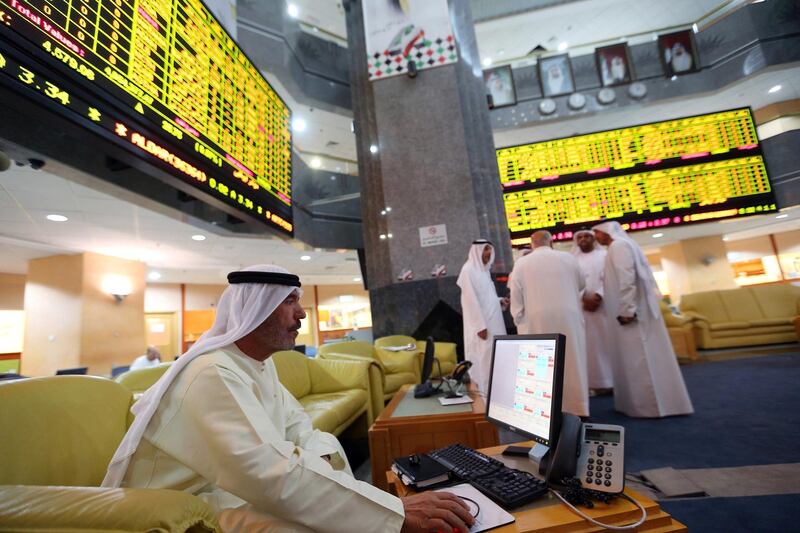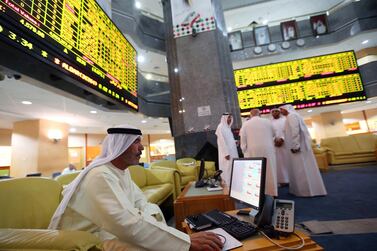Waha Capital is pressing on with a turnaround strategy despite booking a Dh616.3 million loss last year.
The Abu Dhabi investment firm, which rolled out a review of its business in the second half of last year, said the loss reflects the impact of “one-off adjustments” on its private investment business.
“Waha Capital’s board fully supports the company’s recently-adopted turnaround strategy,” Waleed Al Muhairi, chairman of Waha Capital, said in a bourse filing. “We are optimistic that this strategy will yield positive results throughout 2020 as the business focuses on generating increased revenue and creating long-term shareholder value.”
The company completed its financial restructuring in 2019 and remains on a solid financial footing, its chief executive Amr Al Menhali noted.
Waha Capital will continue to leverage its international business networks this year to find new business opportunities as it looks to diversify its portfolio across growth sectors of the economy, it said in a statement to the Abu Dhabi Securities Exchange, where its shares trade.
The company operates two business divisions: its private investments arm that invests directly in high-potential companies, and its asset management division, which invests in proprietary and third-party funds in globally-listed equities and credit. The company manages assets across several sectors including aviation, healthcare, financial services, energy, infrastructure, industrial real estate, FinTech and capital markets.
“We will continue to focus on our asset management business in 2020 [and] pursuing opportunities for the private investments business,” said Mr Al Menhali, who took charge of the company in September.
Over the past year, the company gradually divested 17 million shares of its remaining stake in aircraft leasing company AerCap at an average price of $53.93 (Dh197.92) per share, generating net cash of Dh933m, according to the bourse filing. Since inception, AerCap has generated an internal rate of return of 31.7 per cent on its investment and a return on invested capital at a multiple of 2.6, Waha Capital added.
Driven by the AerCap exit — but partially offset by an increase in the asset management division’s financial investments — Waha Capital’s total assets at the end of last year stood at Dh9.3 billion, compared to Dh11.6bn from a year earlier. The company’s cash and cash equivalents reached Dh765m in 2019, up from Dh429m in 2018, it said.
Total assets under management by the company's asset management division climbed 32 per cent to reach Dh3.3bn, boosted by the market-beating performance of its Waha CEEMEA Credit and Waha Mena Equity funds, which generated returns of 19.6 per cent and 24.3 per cent in 2019, respectively.
Funds managed on behalf of third party investors grew 40 per cent to Dh1.4bn last year, the company added.








